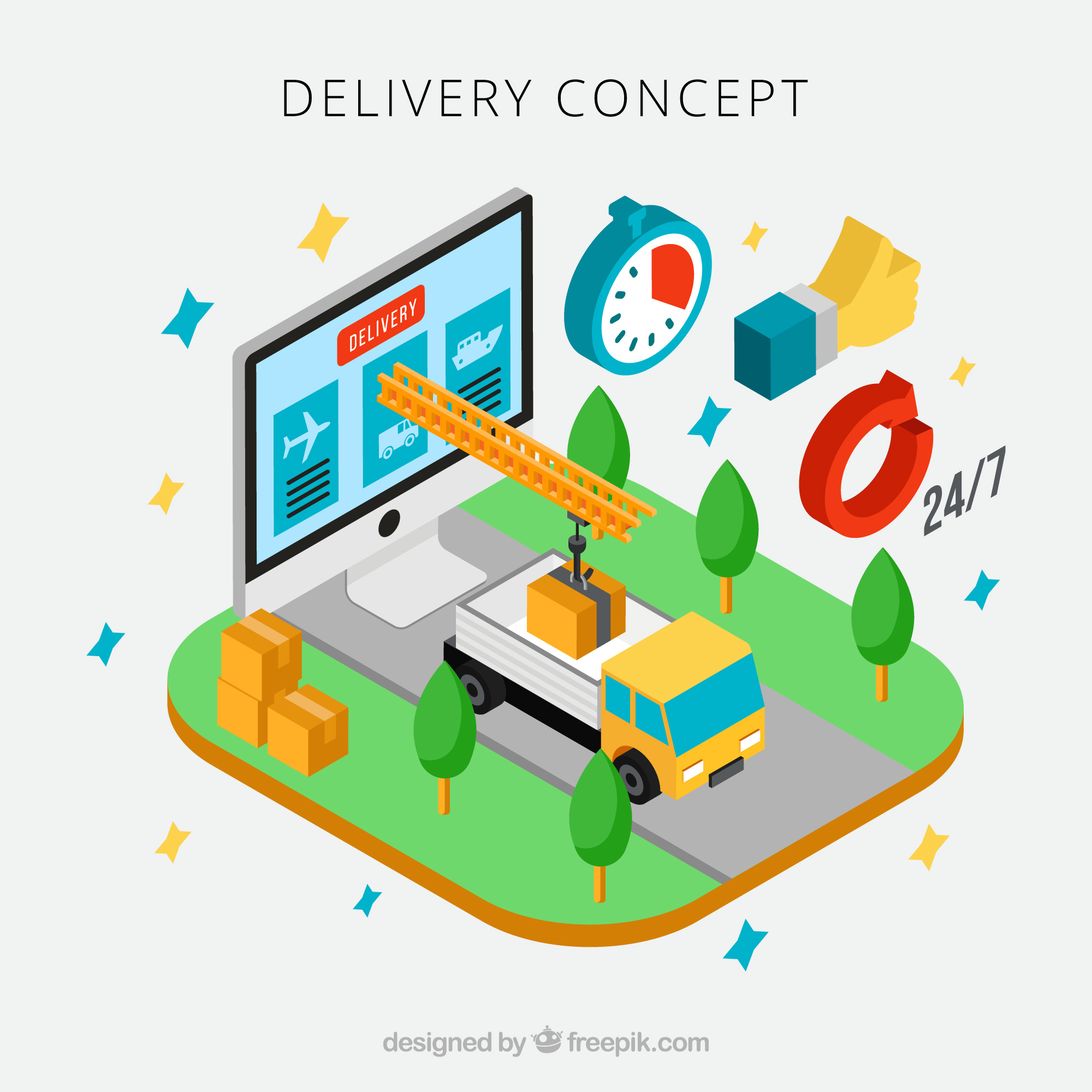
In today’s fast-paced global economy, the transportation and logistics sector stands as the backbone of commerce. Ensuring goods reach the right place at the right time is no easy feat, especially when faced with fluctuating demands, supply chain disruptions, and operational inefficiencies. Enter the Internet of Things (IoT), the game-changer this industry didn’t know it needed but now can’t function without. Let’s take a deep dive into how IoT solutions are reshaping logistics and transportation, and why businesses should care.
A Smarter Network for Smarter Operations
IoT connects the physical world to the digital, creating a network where devices “talk” to each other. For transportation and logistics, this means real-time visibility and unprecedented control over operations. Sensors, GPS devices, and smart tags are the unsung heroes that gather and transmit critical data.
Example: Imagine a fleet of trucks on a long-haul route. Each truck is equipped with IoT sensors that monitor engine health, tire pressure, fuel usage, and even driver fatigue. Fleet managers receive real-time alerts about potential issues, allowing them to schedule maintenance before a breakdown occurs. Fewer breakdowns = fewer delays = happy customers.
Cutting Down Wasted Time (and Costs)
One of the greatest challenges in logistics is inefficiency. Idle time, unoptimized routes, and empty miles (vehicles returning without cargo) eat away at profitability. IoT fixes that.
- Route Optimization: Advanced IoT systems analyze traffic, weather, and delivery schedules to recommend the best routes. The result? Fuel savings, faster deliveries, and reduced carbon footprints.
- Warehouse Management: IoT-enabled smart warehouses are like something out of a sci-fi movie. Automated picking systems and real-time inventory trackers ensure warehouses aren’t just storage spaces—they’re dynamic hubs of efficiency.
- Asset Tracking: IoT devices ensure you know where your goods are at any given time. This is especially crucial for sensitive shipments like pharmaceuticals, where temperature-controlled environments are non-negotiable.
The Safety Game: Upped
Safety is often overlooked in the race for efficiency, but IoT makes it front and center. Whether it’s protecting goods or the people delivering them, IoT has solutions.
- Driver Safety: IoT-powered monitoring systems can detect signs of drowsiness or distraction, nudging drivers to take breaks.
- Cargo Protection: Smart sensors monitor conditions like temperature, humidity, and shock, ensuring delicate cargo like electronics or perishables isn’t damaged during transit.
- Accident Prevention: Real-time tracking and telematics help businesses identify risky driving patterns, enabling corrective action before accidents happen.
Global Impact: Why It Matters
IoT isn’t just transforming logistics within individual companies—it’s reshaping the global supply chain. From predictive maintenance to automated customs clearance, IoT solutions reduce bottlenecks and increase agility. This isn’t just good news for businesses; it’s great news for consumers who expect next-day delivery as the norm.
Challenges on the Road Ahead
IoT isn’t all rainbows and unicorns—it comes with its own set of challenges.
- Data Overload: With so many devices collecting data, filtering meaningful insights can feel like finding a needle in a haystack.
- Cybersecurity Risks: More connectivity equals more potential entry points for cyberattacks. Keeping IoT systems secure is a non-negotiable priority.
- Initial Costs: IoT implementation isn’t cheap, and not all businesses have the capital to invest upfront. However, the long-term ROI often justifies the expense.
Conclusion: Embracing the IoT Evolution
IoT solutions have redefined what’s possible in transportation and logistics, turning once-tedious processes into streamlined operations. They reduce costs, improve safety, and offer the kind of visibility businesses could only dream of a decade ago. For companies looking to take their logistics game to the next level, now is the time to embrace this technology.
Of course, leveraging IoT’s full potential often requires tailored solutions. That’s where logistics custom software development services come into play. Partnering with experienced logistics custom software developers ensures businesses can build systems that perfectly align with their unique operational needs, paving the way for greater efficiency and success.





Leave a Reply